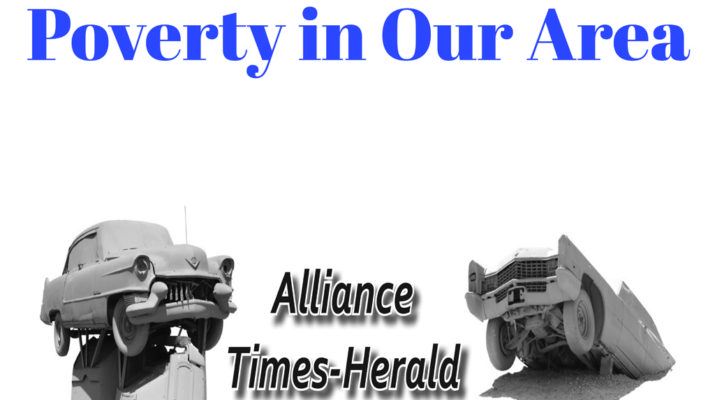There are tens of millions of unbanked, underbanked, and underserved consumers in the United States. Most are young people, minorities, or people who live in poverty. Not having a relationship with a bank or credit union can create many problems and additional expenses and limits a person’s ability to participate in the economy.
Unbanked households do not have a checking or savings account with a bank or credit union. Underbanked households have bank accounts, perhaps because their employers require payroll deposits, but they also use alternative financial services like money orders, payday loans, or pawn brokers to meet their needs.
Why do people avoid banks or credit unions? Some people are not disciplined enough to manage their accounts. Banks sometimes charge high fees ($30-35 for an overdraft), and when banking restrictions were loosened, banks were allowed to manipulate the timing of deposits and payments so those fees could build up. When people got hit with excessive fees, many closed their accounts. Accounts often have minimum account balance requirements, and those have gone up in the last few years. Other people avoid banks and credit unions because of the perception that those institutions aren’t interested in serving households that aren’t rich.
If you don’t have an account, managing your money and taking care of daily financial chores can be harder and almost certainly will be more expensive. You have to pay for check cashing and money order services. You have to take time to pay bills in person, during the business’s open hours, which may require that you leave work early. The average unbanked family with an annual income of around $25,000 will spend about $2,400 per year, almost 10 percent of its income, on the fees and interest charged in their financial transactions.
It is possible to get a free checking or savings account with free online bill payment and remote check deposit at local or online banks and credit unions. Other financial service providers typically charge a fee for every transaction. For example, buying money orders may cost $1 or more every time you need one. But writing a check or setting up a payment through your bank account may be free.
Banks and credit unions are federally insured, so you won’t lose your deposits if they fail. Having an account at a financial institution allows you to build a credit history and makes it easier to get approved for a mortgage or loan when you are ready for a major purchase, and the interest rates at banks and credit unions are capped by law – much lower than alternative financial services.
There are many reasons to have an account at a bank or credit union. But people must be responsible with their finances! When you open the account, do not choose the option that lets you overdraw your account. If your debit card is declined when you are shopping, that means you’ve avoided a $35 fee. You can track your spending online at any time and check your balance on your phone or before you head to the store. Arrange to have your paychecks and government checks directly deposited into your account. Make sure you budget for automatic payments and know what day they are processed.
While working on this article, I’ve spent some time thinking about how I use my bank account. I used to write about fifty checks a month; now only a couple. I use a debit card, online payments, autopays, transfers, Cash and Venmo apps, or swipe my phone to make payments. Payments I receive are direct deposited into my account. I can go online and check my balance and account activity any time. I have a relationship with both my bank and my credit union that allows me to get good rates and use services that I might not otherwise have access to.
Basic banking benefits can be life-changing, and many of us take them for granted. If you do not currently have an account, visit some of the local banks and credit unions and see what products they offer that you would be eligible for. Access to banking means saving time and money.

